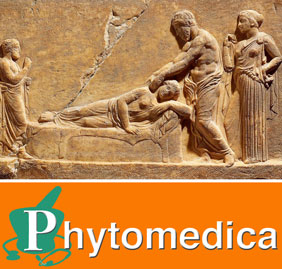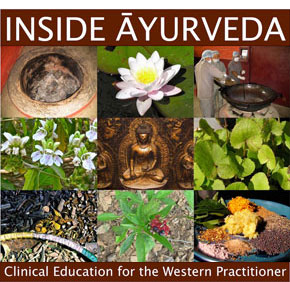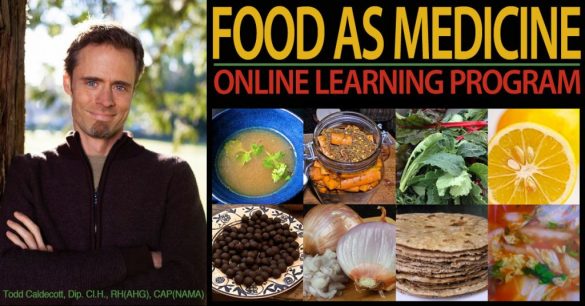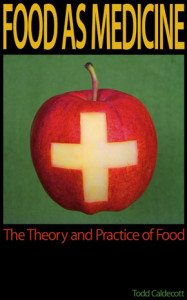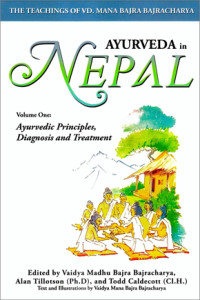I was recently forwarded this short article on the benefits of copper, and was asked if there was any truth to the claims. The author of the article is a noted superfoods guru, and suggests that to improve our health we should be eating and drinking from copper dishware. Specifically, the author makes several claims in support of this assertion, that copper "stimulates the brain” and "balances the thyroid". A quick search on google, and I easily found other websites making the same types of conjectures. Normally I wouldn’t care what someone says, but when there is a health risk involved, I have a duty to respond if asked. Copper is one among 14 different trace minerals required by the body. Although we require it in relatively tiny amounts, it plays a number of key roles, and like all oxygen-dependent (aerobic) organisms on earth, we can’t live without it. As a constituent of the enzyme cytochrome c oxidase, copper plays a critical role in cellular energy production, catalyzing the … [Read more...]

Interview with Todd Caldecott
Recently I was interviewed by Helen Tomei over at Sacred Earth Journeys, with regard to our upcoming trip to Nepal in February of next year. Here I have reproduced it for your interest: What is Ayurveda and why is knowledge of Ayurveda important for our health and well-being? Ayurveda is an ancient system of healing that developed in India more than 5000 years ago, and is the oldest continuously practiced system of medicine in the world. Unlike most systems of traditional medicine that rely on a set of folk practices, Ayurveda is a highly sophisticated medical system. It maintains a rigorous approach that includes several branches of practice that correspond to similar disciplines in Western medicine, including internal medicine, surgery, and obstetrics. Ayurveda also includes aspects which are for the most part unknown or poorly developed in modern medicine, such as rasayana chikitsa tantra, a form of preventative medicine that includes anti-aging and longevity … [Read more...]
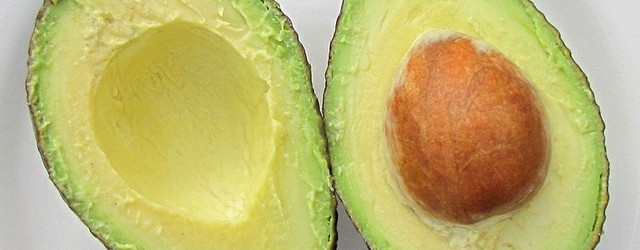
Hubris, and the avocado pit
I was recently informed that the most recent fad to hit the health scene is the avocado pit. Yep, it’s that hard slippery seed disgorged from the avocado that you normally compost, or turn into a science experiment for the kids. And while it’s also great to keep the guac from going brown, I have yet to see anyone actually eat the pit. But apparently this is all about to change. Avocado pit, you see, contains antioxidants. If you receive regular science updates from sites like sciencedaily, or peruse r/science over at reddit, you will have likely noticed an uptick in the amount of research being conducted into plant chemicals. The recognition that natural compounds have a lot to offer is now being recognized, the best most recent example being the Nobel Prize in Physiology awarded to Youyou Tu for her work with artemisinin (derived from medicinal herb Artemisia annua). As a herbalist, it is both of great interest and also very gratifying to see all this scientific attention … [Read more...]

On what to feed your puppy
Some of you who follow my Facebook page may have seen updates about the birth of five puppies to my female dog, Sophie, in late April. For those who haven’t, I’ve compiled an online photo album that documents their growth and development over the past few months. If I had to choose one word to describe the whole process of being surrogate grandparents to these pups, it would be epic. Every day since their birth has been filled with interest, excitement, and wonder. From a neurochemical perspective, snuggling with puppies has done a lot to raise the collective oxytocin levels in our home. Over the summer, our front garden—with its jumble of humans and puppies lying together in the grass—often resembled something like an opium den, attracting a steady stream of “customers” from far and wide. Of course, this bliss was sometimes interrupted. I underestimated their collective destructive power. Up until about six weeks old, the fencing I had around my backyard pots, garden boxes, … [Read more...]
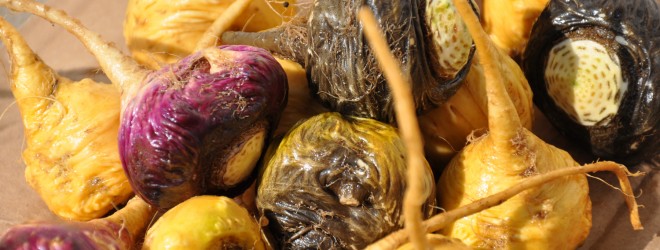
Q&A: Side-effects of Maca?
Maca (Lepidium meyenii, and other Lepidium species) is a food and medicinal plant originally used by the indigenous peoples of Peru and Bolivia, who collect and consume both the leaves and the root. Although marketed as an aphrodisiac and energy enhancer, it's traditional use suggests that it was rather more important as a food, the leaves used as a fresh vegetable, and the root (hypocotyl) dried, pulverized, and used as a flour in baking. The root in particular is comprised of about 60-75% carbohydrates, and contains smaller amounts of protein (<14%) and fats (<2.2%). Given its traditional importance as a food, rather than as a medicine, claims for its medicinal efficacy should be viewed with a some skepticism - especially when consumed in small amounts as a supplement. There are many anecdotal reports of its medicinal efficacy, but much of this comes third hand from companies selling it as a supplement. A survey of the medical literature suggests a benefit on exercise … [Read more...]


